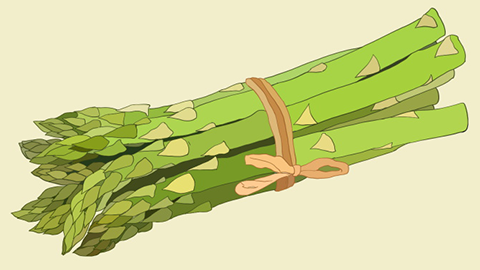Can I eat asparagus during the postpartum confinement period?
Generally speaking, postpartum women can eat asparagus, provided it is consumed in moderation. Detailed analysis is as follows:

Asparagus is rich in vitamin C and vitamin E; the former promotes collagen synthesis, aiding wound healing after childbirth, while the latter serves as an antioxidant that reduces cellular damage and supports tissue repair. The folate and iron contained in asparagus can help improve postpartum anemia, and its dietary fiber stimulates intestinal motility, alleviating constipation caused by reduced physical activity and high-protein diets after delivery. Additionally, potassium in asparagus helps regulate water metabolism in the body, assisting in reducing postpartum edema. Its low-calorie, high-nutrient profile provides energy without excessive weight gain, and its mild, tender taste suits the sensitive digestive system of postpartum women.
When consuming asparagus, ensure it is thoroughly cooked, avoiding raw, cold, or undercooked forms. It is recommended to cut it into sections and stir-fry, make soup, or cook it with eggs, lean meat, etc., which not only enhances nutritional complementarity but also softens the fibers for easier digestion. As asparagus is slightly cold in nature, postpartum women with cold body constitution or weak spleen and stomach functions should cook it with warming ingredients such as ginger slices and red dates to neutralize its cold properties. Overconsumption should also be avoided to prevent diarrhea.





